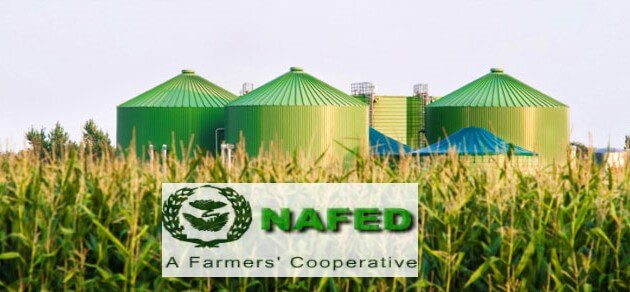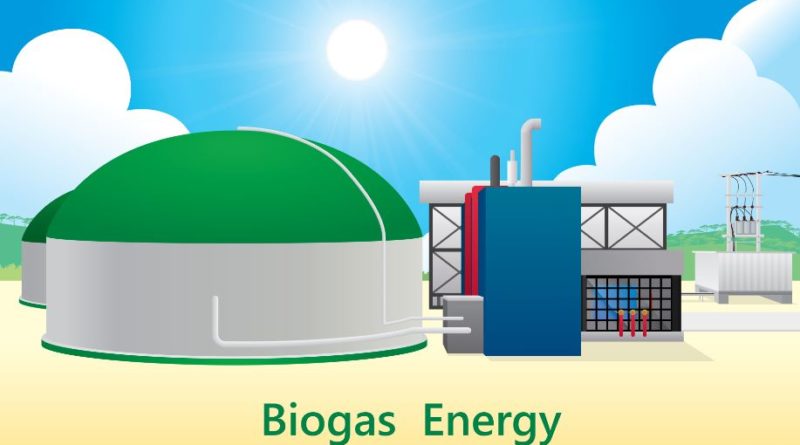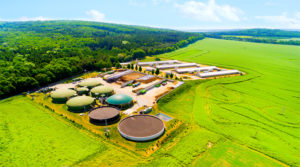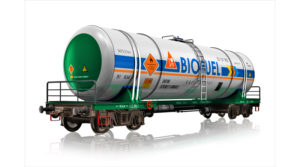NAFED To Set Up 100 Facilities To Convert Farm Waste to Bio-CNG

Indian Farm cooperative major National Agricultural Cooperative Marketing Federation of India or NAFED has announced to set up 100 bio-CNG manufacturing facilities through public-private partnership (PPP). These Facilities will use agri-waste such as sugarcane press-mud, the residue of the filtration of sugarcane and stubble as raw material and NAFED plans to invest Rs 5,000 crore to make them.
The first three centers are to come up in Muzaffarnagar in Uttar Pradesh. UP is the largest sugarcane producing state where waste from sugar mills is available in abundance, Nafed Managing Director Sanjeev K Chadha said.
“An agreement has already been signed with 4-5 private investors like Reliance, United Nations Environment Programme (UNEP) and technology provider. Initially, 100 units will be set up across the country with an estimated cost of about Rs 5,000 crore,” Chadha told reporters on Saturday.
Another agreement has been signed with Indian Oil for the purchase of bio-CNG from the plants at a rate of Rs 48 per kg, he said. IEA has already flagged bio energy is an ignored but high potential opportunity.
Chadha said that Nafed presently is in the process of mapping farm waste from sugar mills, mandis and other areas to ensure assured supply in large quantities. Farmers’ aggregators are also to be soon identified from whom the agri-waste will be purchased.
The work is currently in progress for the first three units of Bio-CNG plants in Muzaffarnagar, which is expected to be completed soon, he added.
Nafed Official further added that each facility will have a capacity to process at least 100-300 tonne agri-waste, from which one-tenth of the CNG will be produced. The focus initially will be to meet the demand in Delhi and NCR. Gradually, the number of units will be increased in other parts of the country, he said.
Mr Chadha further emphasized that other private companies are also keen to partner in such an initiate in order to reduce their carbon print and fulfil the green commitment.
Nafed’s primary business activities involve procurement of notified oilseeds and pulses at the minimum support price either under two government schemes PSS and PSF. It is also into production and marketing of certified seeds, bio-fertilizers, sale of milled pulses, organic products, and others.







